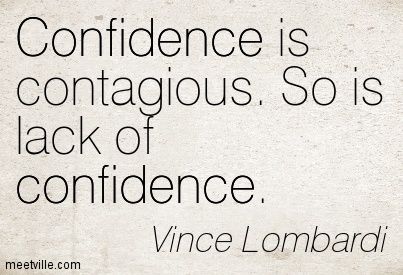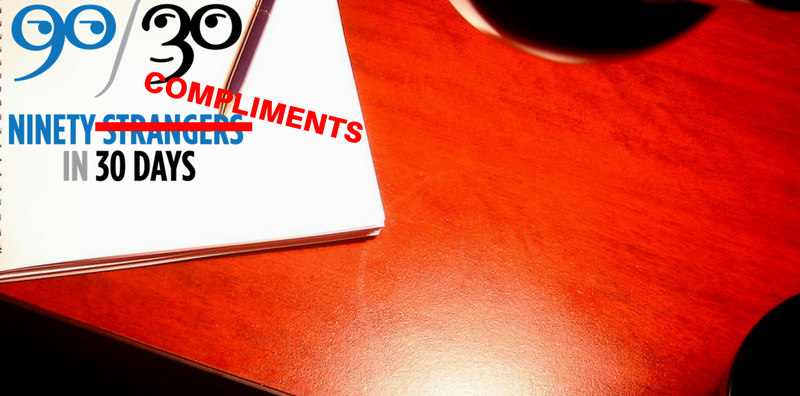Every now and again I still like to visit r/socialskills, the reddit board that made me realize 90 Strangers In 30 Days had potential to be something much larger than just a blog post. I like to give back by helping others with their social skill questions, putting those answers in a mailbag-type format here.
I start University tomorrow. Any tips for putting myself out there? from socialskills
College is indeed a great time to meet a ton of new people, try new things, and bust out of your shell. It took me about my first three years of college to realize this, so the fact that you are thinking about all this ahead of time tells me you will have little problem identifying situations where you can have new experiences and meet new people.
It’s a cliche as it’s totally what your high school guidance counselors tell you, but just get involved. This is easily my biggest regret about college: I hung out with the same small circle of people (many of whom I went to high school with or just happened to live in my dorm) and then three years in I wondered why I hadn’t met all the types of cool and interesting people I had hoped to.
At the university involvement fair, I dismissed many of the clubs and organizations my school offered because I was so focused on what the group seemed to be about on its banner as opposed to what it was really about: the experience of trying something new with new people. The activity itself is just details. Even if something remotely interests you, dive in and just give it a go. The worst case scenario is it just doesn’t click with you, and quitting is generally as easy as joining was. Even then, chances are there were other people who felt similarly about their time in the club or organization. You may not become best friends with these people right then, but you may see them out a bar or in a class one day and will then have that connection of both trying and hating quilting club or whatever.
Like someone else mentioned, classes are also a goldmine for meeting people. Depending on the size of your school and program of study you may end up having a lot of classes with the same people over several years. My senior year I finally figured out I could make friends in my classes simply by asking things like “Do you know anything about this professor?”, and “Are you taking this as an elective or for your major?” on the first day to whoever was seated next to me. Even if it’s not the first day, just striking up conversation about the homework or something going on at your university with the people sitting next to you can lead to hangouts (even if it’s just to study) and friendships outside of class.
Most people entering college are going to have at least a little bit of anxiety being in a new place where they may not know many people (or anyone at all). But more than probably any other time in your life, people are going to be extremely welcoming to you striking up a conversation with them, and most people are just waiting for the other person to make the first move.
Finally, keep in mind too that it’s impossible to predict who are friends will be and how we will meet them. So say yes to every invite that comes your way (within reason), welcome in new people and experiences with an open mind, and you’re guaranteed to blossom a strong social circle made up of interesting people and experiences.
Even if it takes you a while to get hired right out of college (been there), there’s other ways you can still get the same social benefits a job offers. Its mileage can vary based on where you live, but I recommend Meetup.com, which has regular meeting groups for different hobbies and interests in your areas. These range from general (20s and 30s groups) to more specific (Boston Terrier owners, video game developers) but are great ways to socialize with new people and often go to places you might not otherwise. Or, you can always start your own group.
If there’s not a big Meetup scene where you live, chances are there’s some sort of local groups you can get involved in, even if it’s just something like a networking group or Toastmasters. While they may not be as flat-out fun as your summer jobs, they’ll still give you good practice socializing and meeting new people (and who knows, maybe could lead to a job). If where you live has its own subreddit, that can be a good place to find or make open-invitation events too. I know people that have also made great friends off Craigslist (not sure what section–strictly platonic?) and I’ve become good friends with baristas just from going to their coffee shop frequently to read and work. None of this might be as glamorous as a new summer job where everyone becomes best friends within a few weeks, but as you get older it unfortunately takes a little more work to meet and befriend new people.
Trouble Making outgoing Friends at big state school from socialskills
I went to a big college too (50,000+ undergrad) and although I was from in-state and knew quite a few people already, I can closely relate to this.
That’s great you’ve worked on your social skills and it sounds like you’ve had some little ‘wins’ already (you get along with new people at parties, the random kiss, etc.). It also sounds to me like you’re doing everything ‘right’ to make new friends in terms of getting involved by joining organizations you’re interested in, participating in study groups, and so on. That’s great you’ve figured that stuff out already as it takes some (myself included) their entire college careers to do so.
My advice to you now would be persistence and patience. The early college ages especially are a confusing time as all the cozy cliques and identities everyone forged in high school are suddenly shaken up. Everyone is now in a new environment where they can seemingly explore and re-invent themselves. But as college goes on human nature starts to kick in and people start to value the stability of seeing the same people more as opposed to the novelty of hanging out with new people all the time. That said, college kids as a whole are still more welcoming and less defensive of their social circles than perhaps any other demographic you’ll encounter in your life.
Most friendships–be it in high school, college, or even as an adult–aren’t necessarily formed because of some deep existential connection you have with the person upon meeting them the first time. They’re formed out of frequency and convenience (like in home room/classes, dorms, clubs/hobbies, etc). Find a group you like with people you enjoy being around (even if they don’t ‘feel’ like friends right away) and just keep going. Chat people up with a genuine interest in them and their lives, be helpful, and find interesting things to do around campus/your city and extend invitations. Sometimes the easiest way to get invited to more things is to invite a few people to a fun idea of your own now and then, even if it’s just bar trivia some random weeknight or bowling or whatever. Keep putting yourself out there, join new groups you find interesting, say yes to invitations even if it’s not something 100% in your comfort zone.
In regards to connecting with people, it sounds like (from everything else you are saying) that making small talk isn’t necessarily the problem–you just haven’t met the right people yet! When you’re trying to develop a social circle in a new place, it can be easy to feel like you’re a failure if you don’t become friends with everyone right away (again, guilty). But there are undoubtedly people at your school who you will have an effortless time clicking with and even feel like they’re old friends within hours of meeting them. And once you meet one of these people, often you’ll meet many of their friends who you will be equally as compatible with.
You’re doing fine and by the end of next year I’m sure you’ll look back at this post and laugh 🙂
—
Mailbag is an every-sometimes section I write in between more long-form content. Usually I just pluck these from reddit’s r/socialskills board, but if you have a question you’d like my opinion on, shoot me an email at andrew@andrewelsass.com.

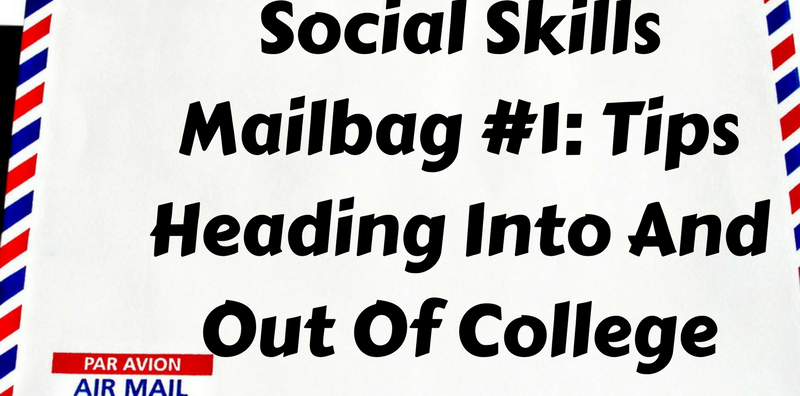


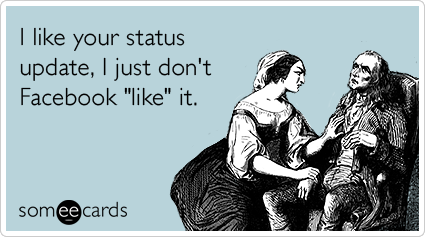

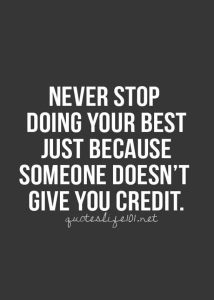 Contexts will change, that person will change, the relationship will change, you will change on some level—however that compliment was about a real part YOU, not a mirror bathroom shot, witty status update, or what you ate for lunch today. It was about something deeper, and forgive me for going off the existential deep end, about some sort of energy inside you that will always exist in some form or another. All these ever-changing variables do not make the praise any less valid or valuable as a reference point.
Contexts will change, that person will change, the relationship will change, you will change on some level—however that compliment was about a real part YOU, not a mirror bathroom shot, witty status update, or what you ate for lunch today. It was about something deeper, and forgive me for going off the existential deep end, about some sort of energy inside you that will always exist in some form or another. All these ever-changing variables do not make the praise any less valid or valuable as a reference point.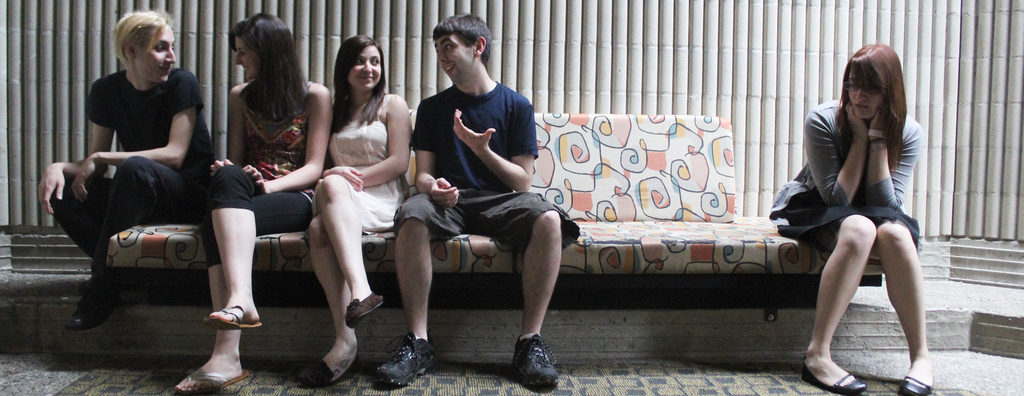
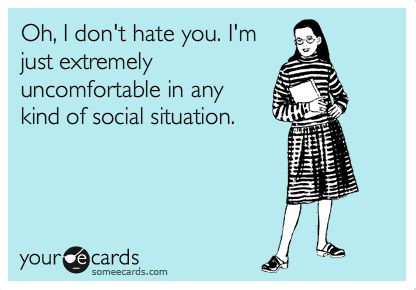
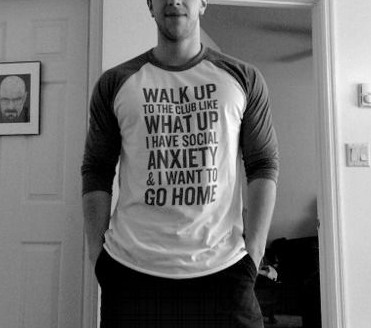 The impact was impressive. The isolates immediately began to interact with their peers at a level equal to that of the normal children in the schools. Even more astonishing was what O’Connor found when he returned to observe six weeks later. While the withdrawn children who had not seen O’Connor’s film remained as isolated as ever, those who had viewed it were now leading their schools in amount of social activity. It seems that this twenty-three-minute movie, viewed just once, was enough to reverse a potential pattern of lifelong maladaptive behavior. Such is the potency of the principle of social proof.”
The impact was impressive. The isolates immediately began to interact with their peers at a level equal to that of the normal children in the schools. Even more astonishing was what O’Connor found when he returned to observe six weeks later. While the withdrawn children who had not seen O’Connor’s film remained as isolated as ever, those who had viewed it were now leading their schools in amount of social activity. It seems that this twenty-three-minute movie, viewed just once, was enough to reverse a potential pattern of lifelong maladaptive behavior. Such is the potency of the principle of social proof.”